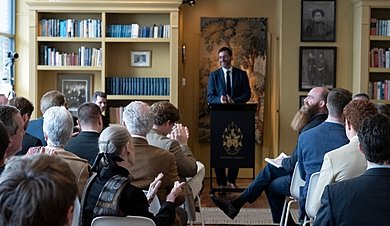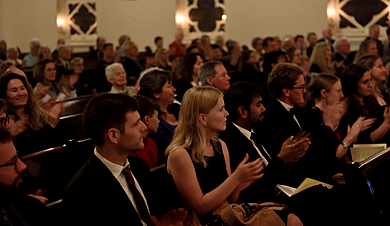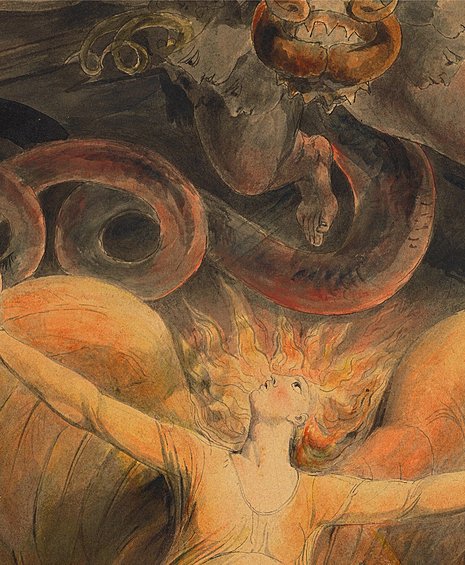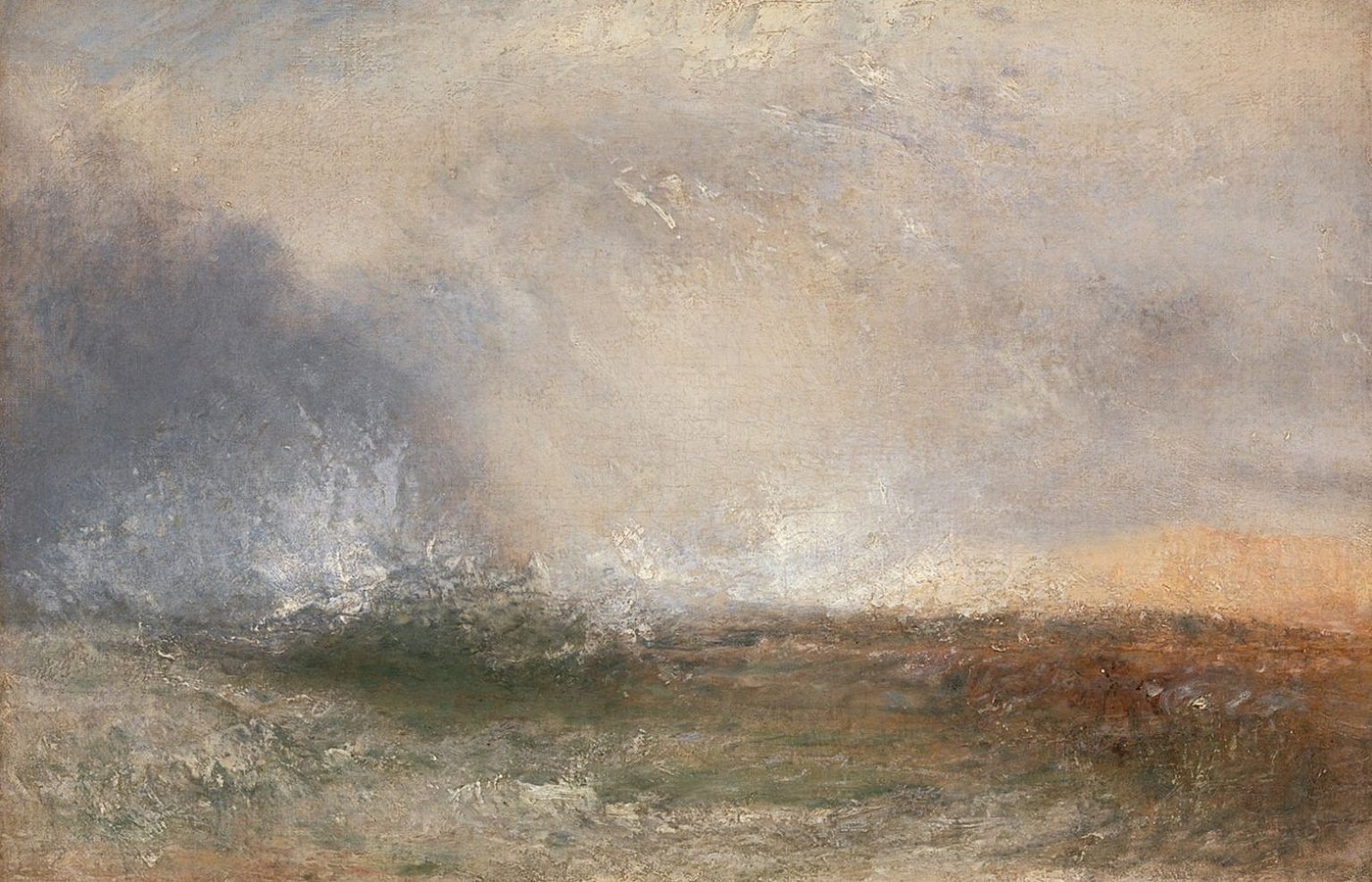
The Sophia Lectures: Wholeness, Imagination, and Cosmos with Iain McGilchrist - March 13th, 14th, and 15th at 5PM
- Past Event
- Dates
- Past Event
March 13th, 14th, and 15th at 5:00PM - Location
- Soho South, 12 W Liberty St, Savannah
The Sophia Lectures explore the perennial questions of philosophy as they bear on the meaning and value of modern life. While the lecture series aims to make sense of our contemporary moment, it does so through the study of Western culture’s foundational texts, ideas, and spiritual insights.
This year's Sophia Lectures – Wholeness, Imagination, and the Cosmos – will be given by the distinguished psychiatrist, neuroscience researcher, philosopher, and literary scholar, Dr Iain McGilchrist.
The word ‘cosmos’ implies a beautiful and harmonious whole. For at least the last 300 years, and arguably much longer in the Western world, we have come to see the universe as at best a mechanism, if not a mere agglomeration of material bits and pieces, without intrinsic order, purpose, or meaning. Its wholeness has been lost, and with it our capacity to understand ourselves in relation to that whole. This follows an exaggerated tendency to use our analytic, and therefore naturally fragmenting, faculty to the exclusion of our capacity to see complex wholes, and above all to understand the profoundly relational nature of all that exists. This tension arises because of the necessary evolutionary specialisations of the two cerebral hemispheres, a tension which can and should be fruitful; we need harmony between both ways of being in the world if we are to flourish. In the absence of that harmony, the harmony that brings depth to life, the world is drained of its meaning. But crucially, though each hemisphere plays a role, they are not of equal import.
In these three lectures, Dr McGilchrist will draw on neuropsychology and physics, as well as the Humanities – philosophy, poetry, music, painting, and myth. He will elaborate the important differences between the two hemispheres in three principal respects; first, in regard to the important creative dance between division and union, in which each plays a part, but which must be brought together in a union at a higher level; second, the importance of this cooperative relationship being asymmetrical in nature, as well as the part played by asymmetry in every part of the cosmos, especially in life and beauty; and third, how to understand paradox – in particular how we can begin to make sense of the concept of the infinite. Dr McGilchrist fears that if we fail to understand these matters, we will continue to sleepwalk into the abyss.
Please join us for one or all of these lectures:
- Session 1: Division and Union
- Session 2: Symmetry and Asymmetry
- Session 3: Finitude and the Infinite
Free and open to the public.
The series will be recorded.
About the Speaker
Dr Iain McGilchrist is a psychiatrist, author, and a thinker of extraordinary versatility and originality. He is a Quondam Fellow of All Souls College, Oxford, an Associate Fellow of Green Templeton College, Oxford, a Fellow of the Royal College of Psychiatrists, and a Fellow of the Royal Society of Arts. He has published articles and research papers spanning a wide range of publications in literature, philosophy, medicine, and psychiatry. He is also the author of a number of books, including The Master and his Emissary: The Divided Brain and the Making of the Western World (Yale, 2009), and The Matter With Things: Our Brains, Our Delusions, and the Unmaking of the World (2 vols, Perspectiva, 2021). He maintains the online platform Channel McGilchrist, lives on the Scottish isle of Skye, and has two daughters and a son.
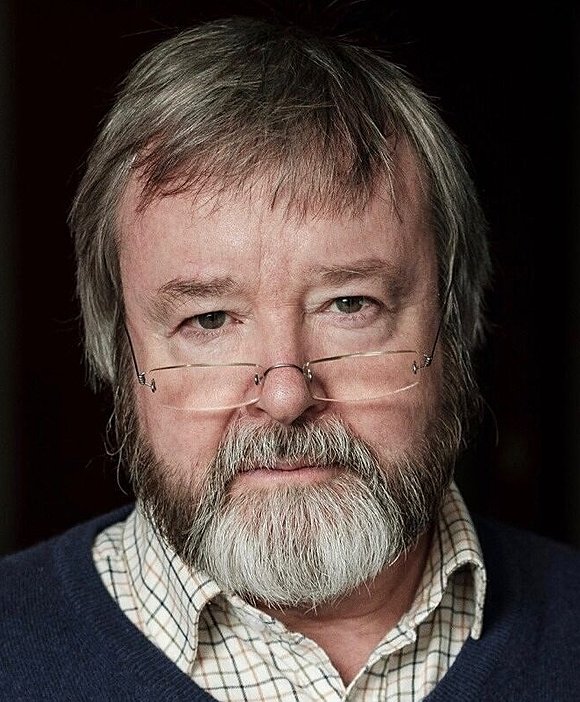
Podcasts
Humanities
MA
MA
Spend a year in dialogue with life's most searching questions in an open-minded community in Greece and then beautiful Savannah.

SUPPORT A NEW BEGINNING
Education and conversation free from censorship, cynicism, and corruption matter. Ralston College is a place for them to happen, for human flourishing and building anew.


